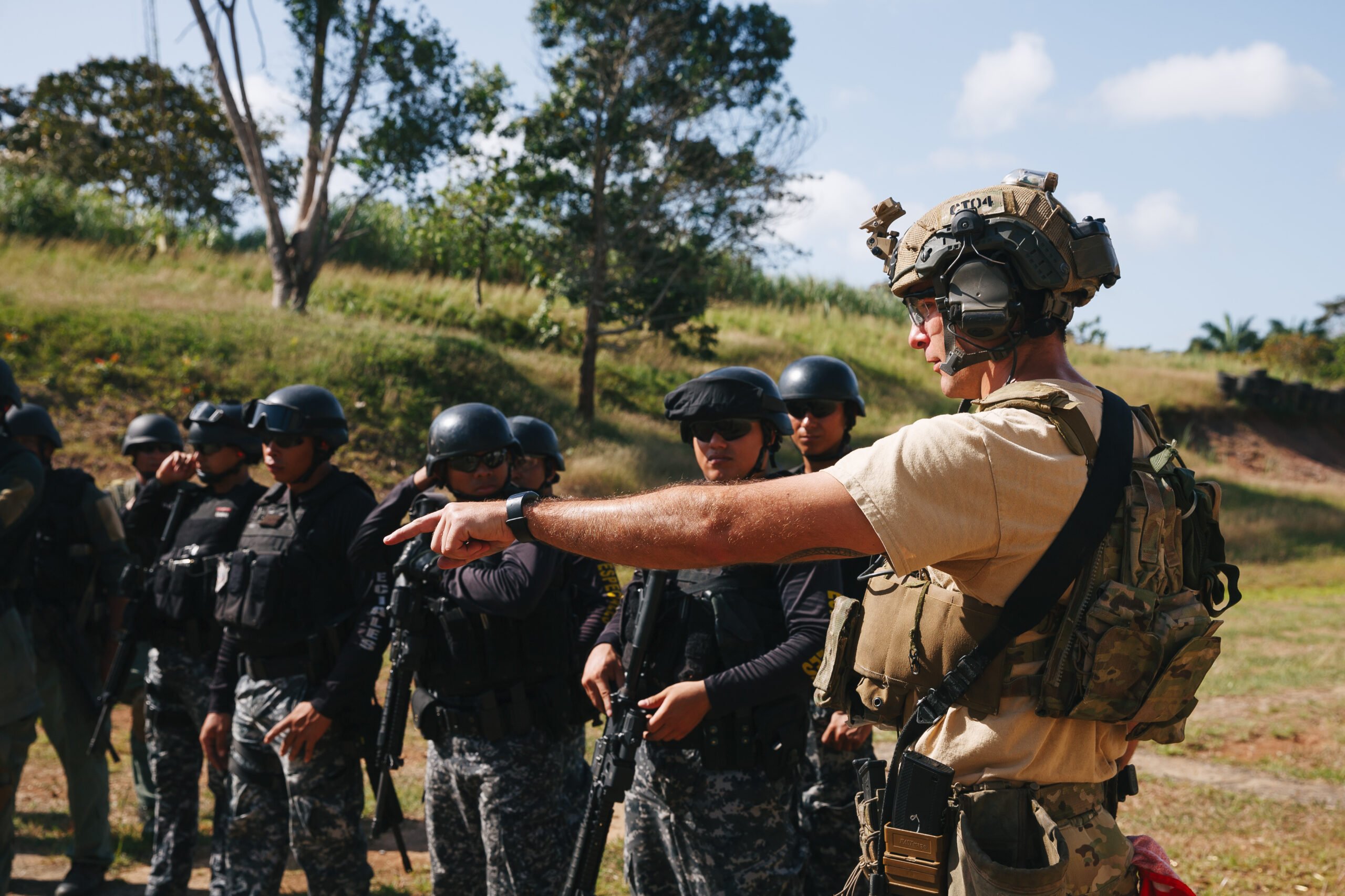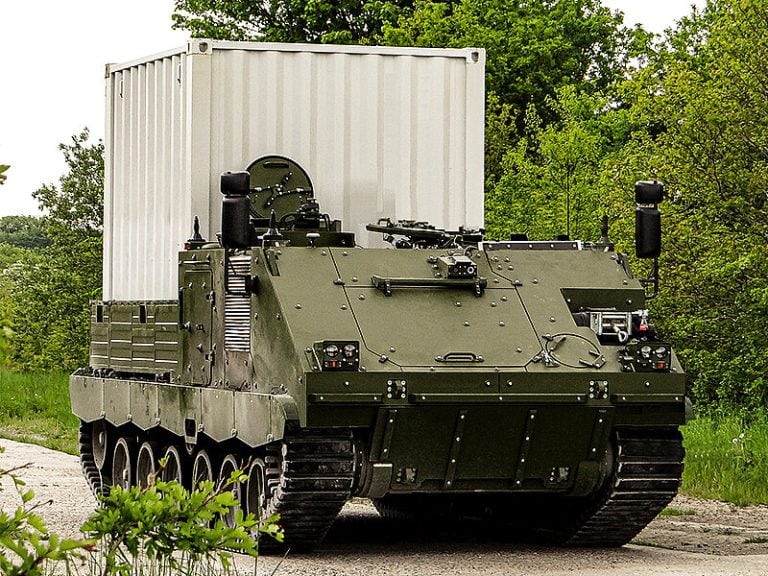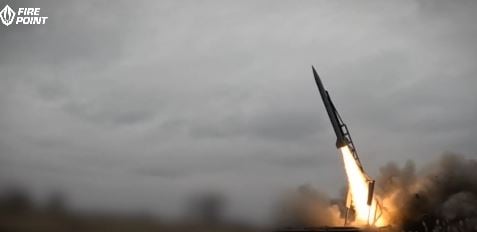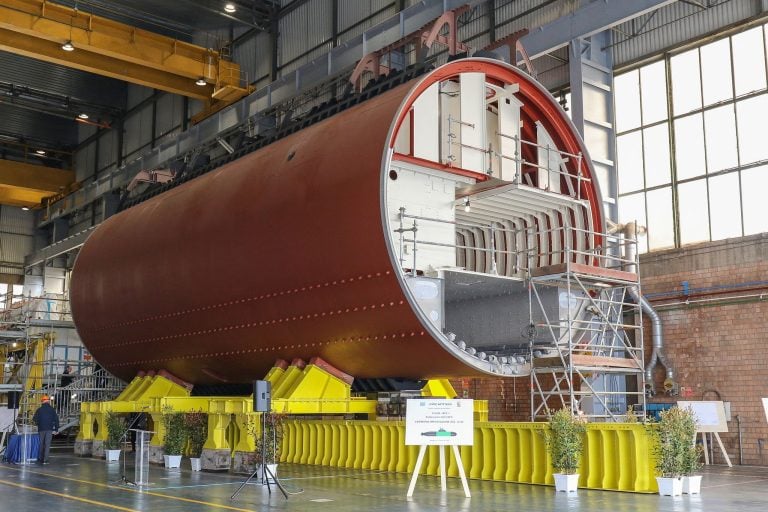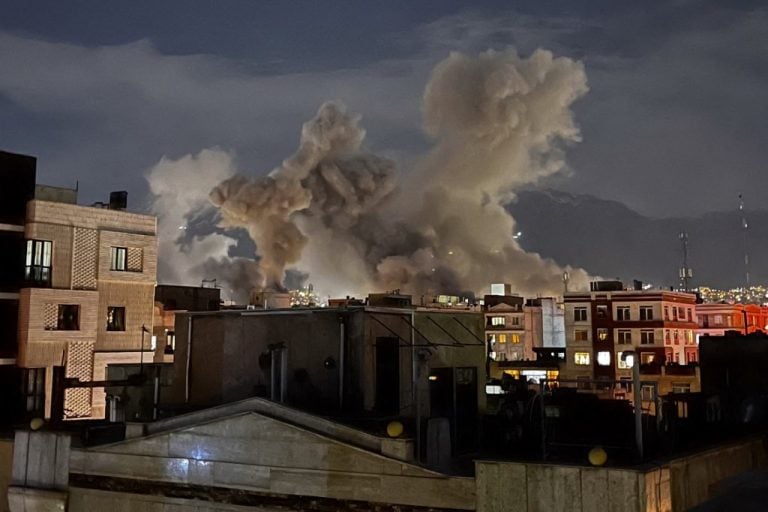U.S. military personnel are set to deploy to several bases along the Panama Canal under a recent agreement between the United States and Panama. This deal, viewed as a significant concession to former President Donald Trump, aims to reassert U.S. influence over the strategically vital waterway, which is crucial for international trade.
The agreement was reached through discussions involving top security officials from both nations, and it allows U.S. troops to undertake training, joint exercises, and other activities at facilities controlled by Panama. Importantly, the deal does not permit the establishment of permanent U.S. bases in Panama, a proposition likely to provoke strong opposition from the Panamanian population and complicate legal frameworks.
The deal grants the U.S. substantial access to bases, many of which were built during American control of the canal zone before the transfer of authority in 1999. Since returning to the presidency, Trump has expressed concerns over Chinese influence in the region, claiming that it has detrimental implications for U.S. interests. Citing the canal’s significance—handling approximately 40 percent of U.S. container traffic and five percent of global trade—his administration has taken steps to regain control over this critical infrastructure.
While the U.S. has historically participated in military exercises in Panama, the possibility of establishing a rotational force akin to the one in Darwin, Australia, raises potential challenges for Panama’s governance and public sentiment, particularly under the leadership of center-right President Jose Raul Mulino.
During a recent visit to Peru, President Mulino disclosed that the U.S. sought permission to establish its own bases. He conveyed to Pentagon Chief Pete Hegseth that such a proposition would be “unacceptable,” warning that it could lead to significant unrest in Panama, stating, “What we’ve put in place here would set the country on fire.”
The agreement, described in a “Memorandum of Understanding,” was signed by Hegseth and Panama’s security chief, Frank Abrego. This revised deal includes mutual concessions, ensuring the recognition of Panama’s sovereignty—an assurance that could resonate amid past tensions surrounding U.S. interventionist rhetoric. However, Panama retains the authority to approve any U.S. deployments to its territories.
Despite these safeguards, concerns linger among Panamanians about their national sovereignty and the potential implications of this agreement. Trade union leader Saul Mendez characterized the government’s actions as a betrayal of the nation’s autonomy and called for accountability, claiming, “What the Panamanian government has done is an act of treason.”
The backdrop of U.S.-Panama relations includes a troubled history. Although the two nations share close cultural and economic ties, they bear the scars of past U.S. involvement. The U.S. maintained control of the canal zone for decades, and its 1989 invasion to depose dictator Manuel Noriega resulted in loss of life and significant destruction.
Moreover, Trump’s alarming assertions regarding the canal and allegations of Chinese influence have incited public outcry and demonstrations. Legally, Panama administers the canal and ensures access to all nations. Nevertheless, Trump has fixated on the role of a Hong Kong company that has overseen port operations at the canal, resulting in increased scrutiny and pressure from U.S. officials.
Under this tension, Panama has formally accused the Panama Ports Company of not meeting its contractual commitments and has moved to seek the company’s withdrawal from the country. In a significant financial maneuver, the parent company, CK Hutchison, disclosed plans to divest 43 ports to a consortium led by U.S. asset manager BlackRock for $19 billion. This development has elicited a furious response from Beijing, prompting an antitrust review of the transaction.
As the situation unfolds, the impacts of this agreement and the broader geopolitical contest over the Panama Canal are expected to be closely monitored by stakeholders on both sides of the Pacific and Atlantic oceans.
